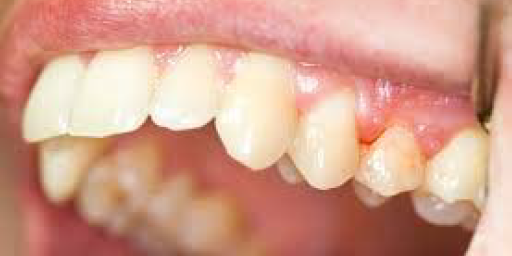Bleeding gums can be a sign of chronic inflammation.
Chronic inflammation is also called low-grade inflammation because it produces a steady, low-level of inflammation throughout the body, shown by a rise in immune system markers found in blood or tissue. Inflammation is part of the body’s defence mechanism and plays a role in the healing process.
Inflammation is local response to cell injury that is marked by increased blood flow, capillary dilation, leucocyte infiltration, and the localised production of a host of chemical mediators, which serves to initiate the elimination of toxic agents and the repair of damaged tissue.
Inflammation acts as both a ‘friend and foe’: it is an essential inflammatory state is a pathologicalfeature of a wide range of chronic conditions, such as the metabolic syndrome, non-alcoholic fatty liver disease (NAFLD),type 2 diabetes mellitus (T2DM} and CVD (cardiovascular diseases).
Although the association between inflammation and chronic conditions is widely documented, it’s still unknown the degree of inflammation that contributes and serves as a risk factor for the development of disease.
Gum disease is caused by chronic inflammation and should be treated as soon as possible as if it gets worst, there is a risk of the teeth coming loose also known as periodontitis or periodontal disease.
With gingivitis, it’s a common to find a build-up of plaque at the gumline that can be controlled with good teeth care as: brushing teeth at least twice a day, using floss and interproximal brushes to clean between the teeth and visiting regularly the dentist.
However, is not only up to good oral hygiene as often there are patients with good oral hygiene and still have sign of gum disease.
A holistic dentistry approach will look into the multiple factors can be contributing to the problem like: microbiome disruption, poor diet rich in sugar and processed foods, lack of fresh vegetables and fruits; nutrients deficiency like vitamins C, K, A, zinc, collagen, good fats and antioxidants; excess of stress; lack of sleep and physical exercise and obviously a good oral hygiene protocol.
Bleeding gums are a red flag and it’s in our hands to have it under control.







